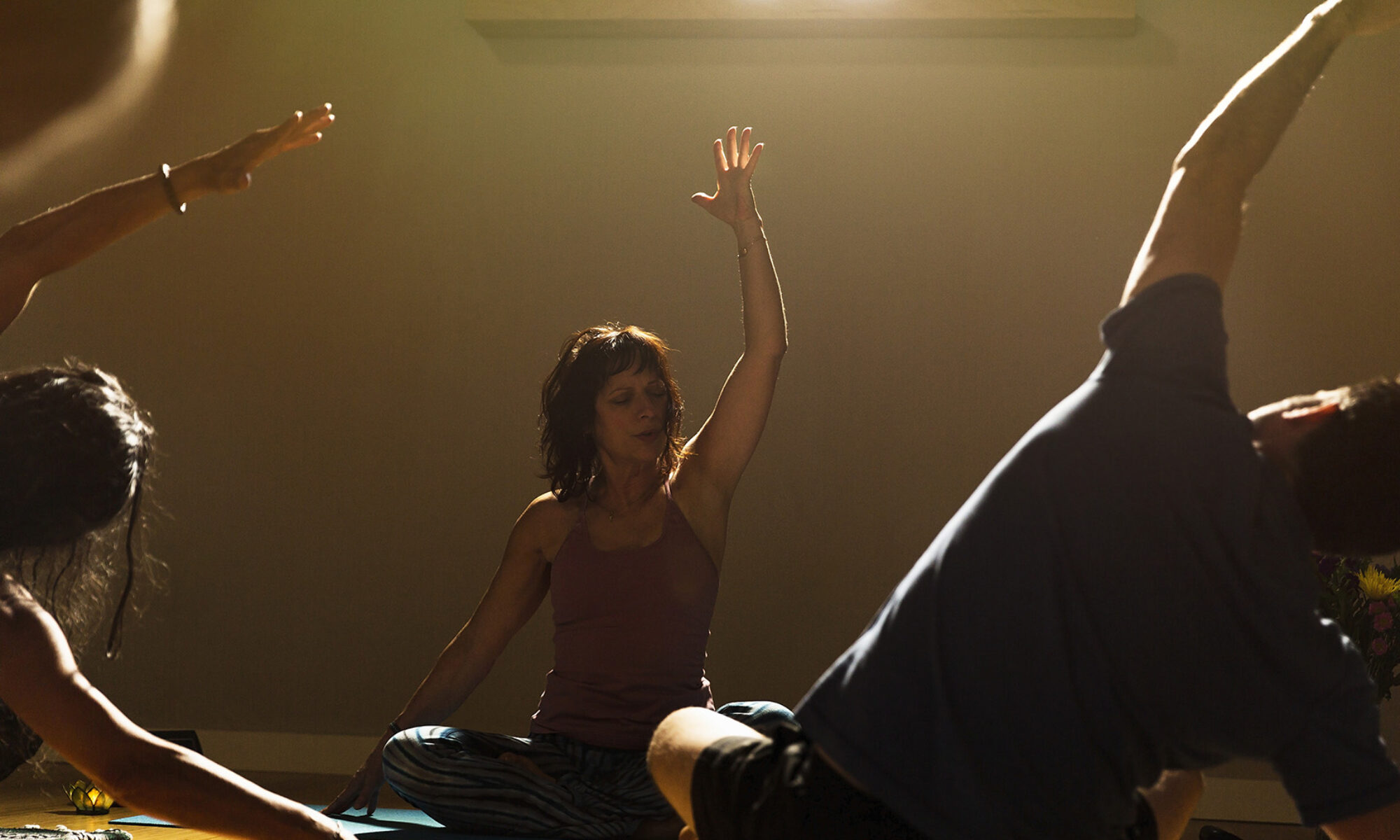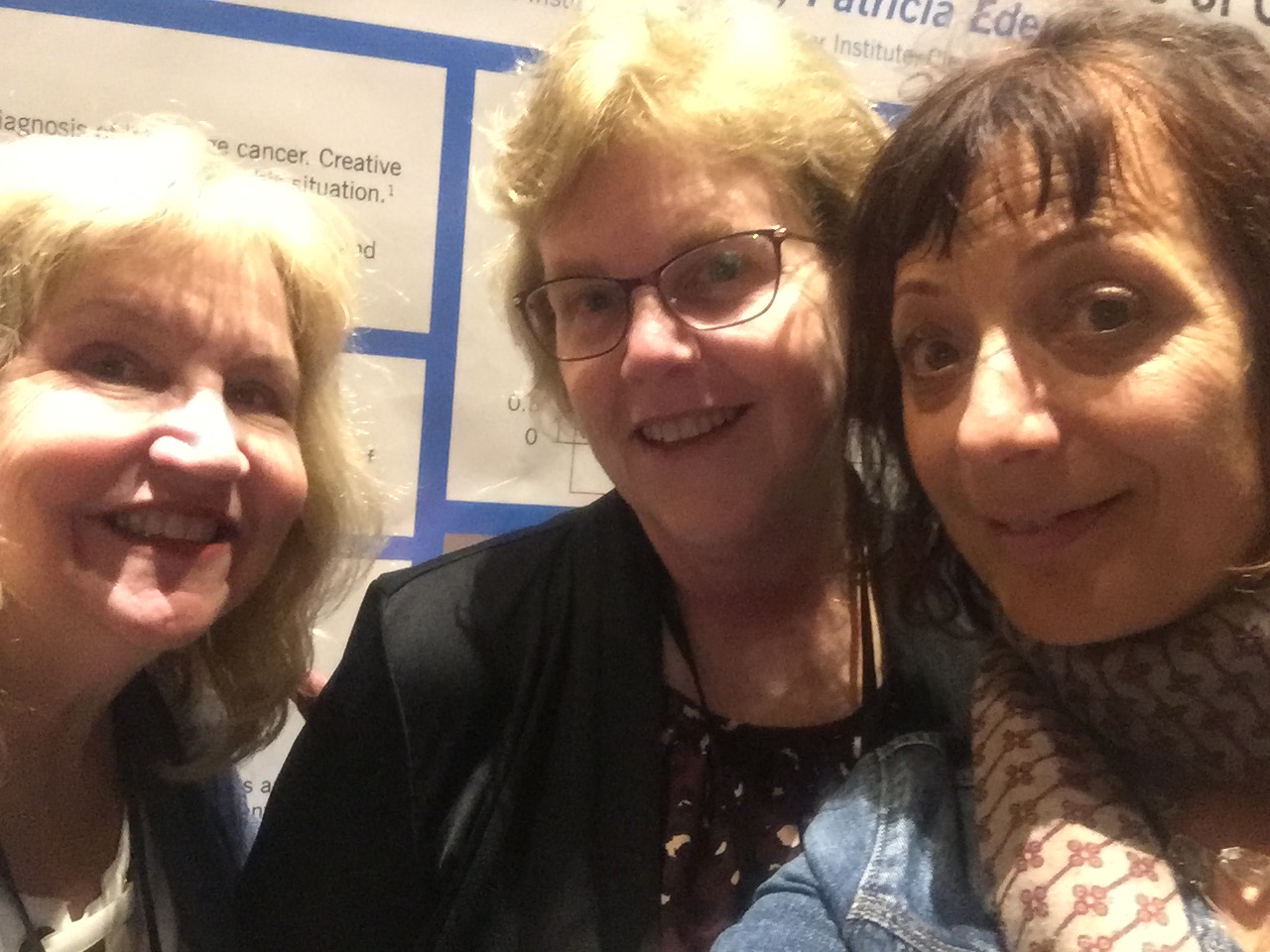I cruised a 3-day nationwide conference for psychologists and social workers who help cancer people get better spiritually, emotionally, socially and financially. Yoga therapy fits in.
Last month, I attended the annual conference of the American Psychosocial Oncology Society (APOS) that was hosted in Atlanta, as a yoga therapist who is also a two-time cancer survivor. The experience was eye-opening.
I was with 200 psychologists, social workers, nurses and researchers from around the country who work with cancer people. Their goal is to answer one question–“How do we help people with cancer?”
I believe I was the only yoga therapist at the conference. “It’s good to be the first one,” a psychologist from Vermont told me.
Probably. Hopefully.
I learned that I’m one of 15.5 million cancer survivors in the U.S. I also
learned that a “tsunami of cancer is about to confront us” according to Richard
Wender, MD from the American Cancer Society, mainly due to the aging of the population.
More cancer patients mean more cancer survivors—thanks partly to progress in medical treatments. Depression, anxiety and fatigue are real and persistent among survivors. So, wellness matters to them.
Great. That’s where I can help.
Fifteen years ago, medical doctors started inviting psychologists and social workers at the table. Today, these psychologists and social workers want to engage with and bring other healthcare and wellness providers at the table like… yoga therapists.
So they say, anyway.
A presenter’s slide featured this quote tagged on a wall in Jerusalem: “You don’t need eyes to see, you need vision.”
Well, I have a vision. I visualize Yoga for Renewal classes offered in a cancer wellness center, maybe several centers, as part of a program “to help patients re-engage back into their lives,” as Barbara Jones, Ph.D., MSW, the closing keynote speaker, said. I may have found the right people to talk to.
Photo: Lisa Shea, art therapist (left) and Pat Eden, music therapist (center), work for the Psychosocial Oncology Program at Cleveland Clinic in Cleveland, OH. Lisa and Pat guide the cancer patients who choose to, to make art or sing during their chemo sessions. I asked them what does this change in a patient’s experience. “Everything,” answered Lisa.

